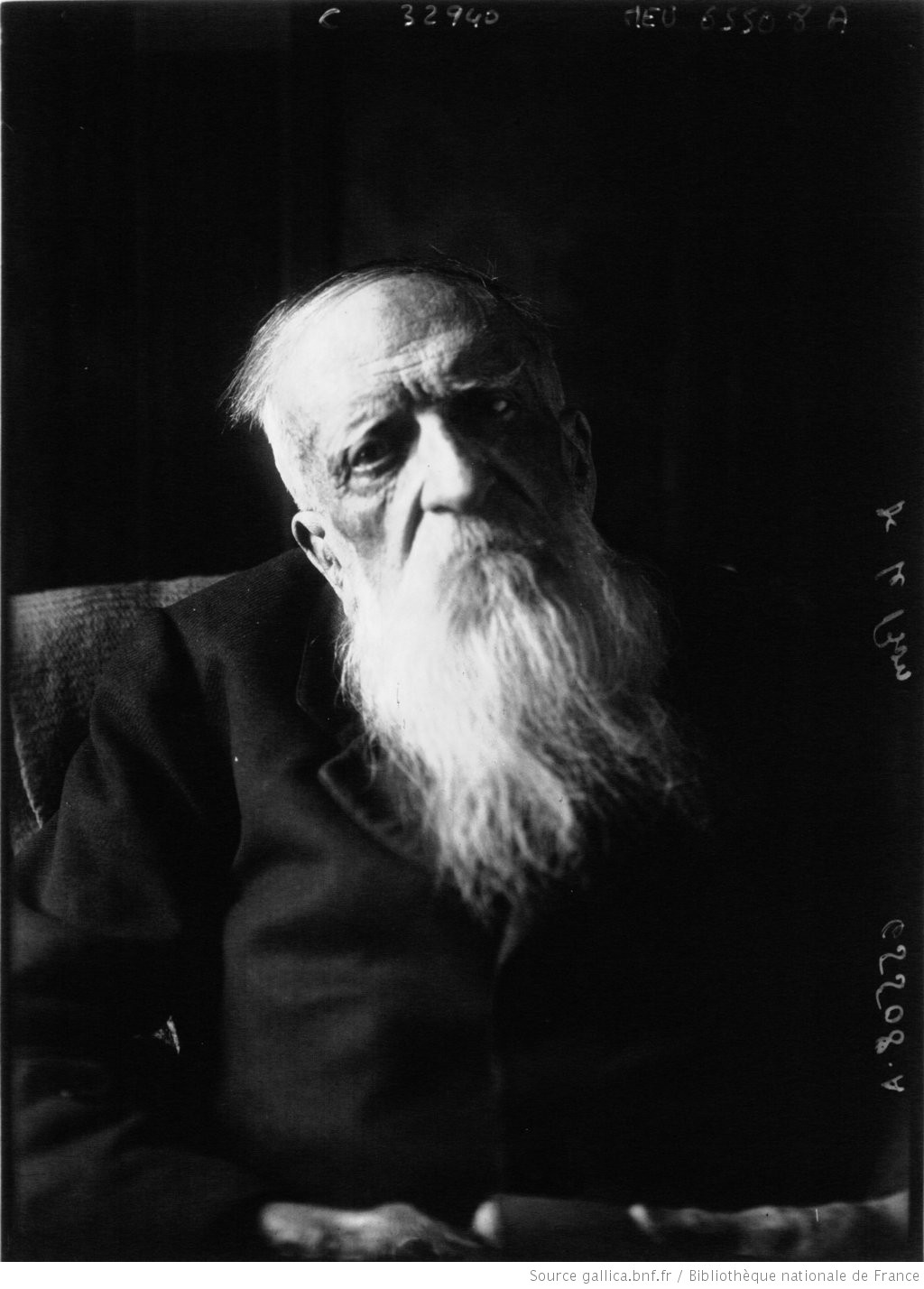An iconographic and text archive related to communication, technology and art.
Moreover, by the mere fact that he forms part of an organised crowd, a man descends several rungs in the ladder of civilisation. Isolated, he may be a cultivated individual; in a crowd, he is a barbarian — that is, a creature acting by instinct. He possesses the spontaneity, the violence, the ferocity, and also the enthusiasm and heroism of primitive beings, whom he further tends to resemble by the facility with which he allows himself to be impressed by words and images — which would be entirely without action on each of the isolated individuals composing the crowd — and to be induced to commit acts contrary to his most obvious interests and his best-known habits. An individual in a crowd is a grain of sand amid other grains of sand, which the wind stirs up at will.
☛ LE BON, Gustave ([1895] 2001). The Crowd. A Study of The Popular Mind, trans. anonymous, Batoche Books, Full PDF text.
The translation is problematic. The whole “which would be entirely without action on each of the isolated individuals composing the crowd” part has been added by the English translator. It does not exist in the original French text.
Par le seul fait qu’il fait partie d’une foule l’homme descend donc de plusieurs degrés sur l’échelle de la civilisation. Isolé, c’était peut-être un individu cultivé, en foule c’est un instinctif, par conséquent un barbare. Il a la spontanéité, la violence, la férocité, et aussi les enthousiasmes et les héroïsmes des êtres primitifs. Il s’en approche encore par sa facilité à se laisser impressionner par des mots, des images et conduire à des actes lésant ses intérêts les plus évidents. L’individu en foule est un grain de sable au milieu d’autres grains de sable que le vent soulève à son gré. (Gustave Le Bon, Psychologie des foules, éd. PUF, coll. Quadrige, Paris, [1895]1998, p. 14; version électronique intégrale sur le site des Classiques des sciences sociales)

- By Philippe Theophanidis
- on
- ― Published in Communication
- Tagged: barbarian, civilisation, civilization, community, crowd, individual, Le Bon, mass, popular, solitude, violence
